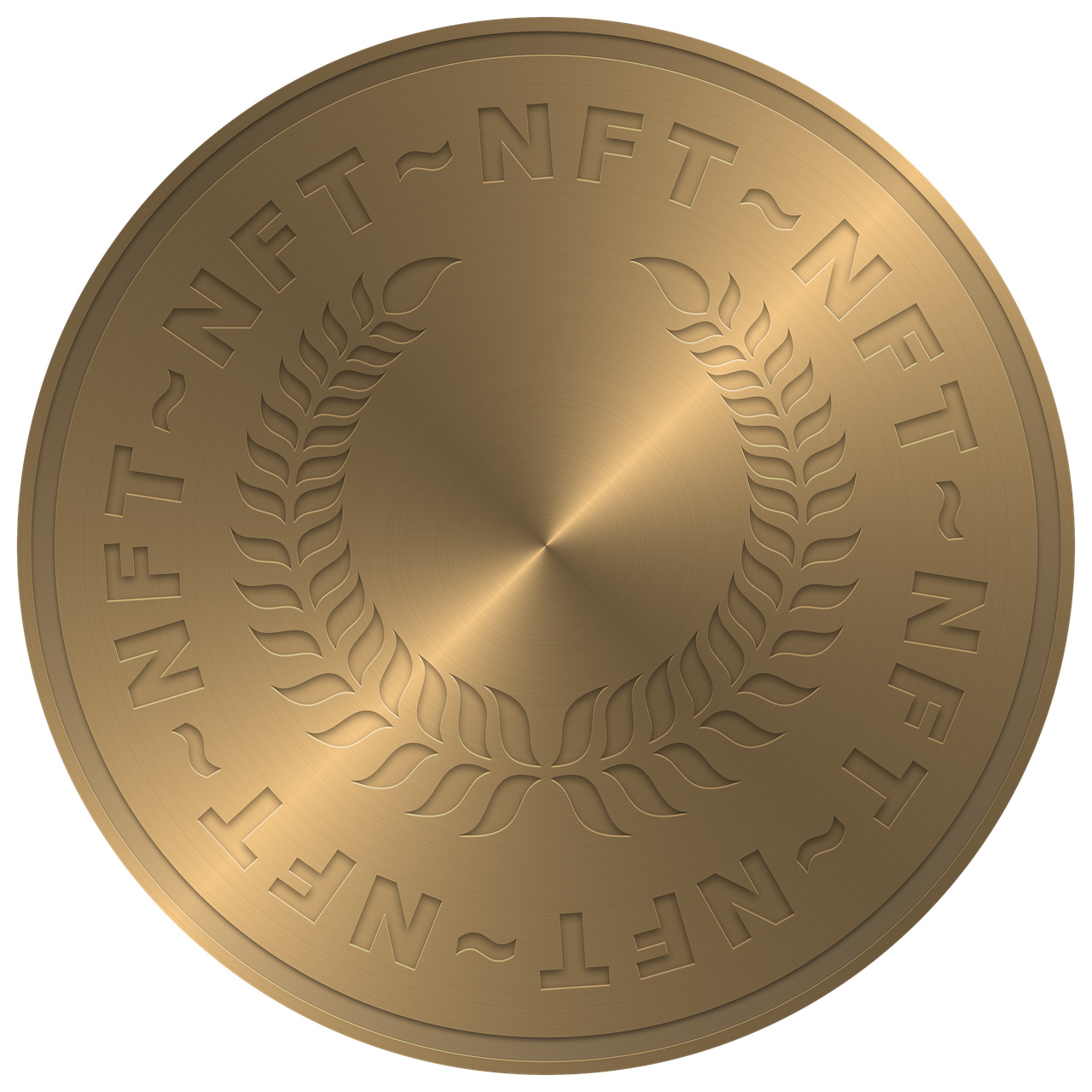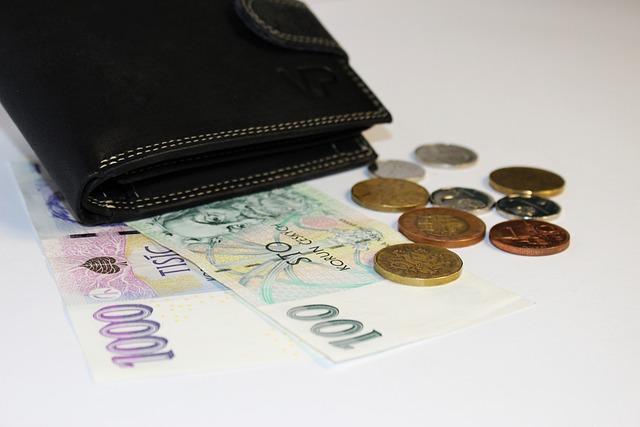In the realm of digital money, hardly any names resound as uproariously as Binance.
This exchange platform, which Changpeng Zhao launched in 2017, quickly rose to prominence thanks to its innovative trading features and extensive selection of digital assets. But in the midst of its meteoric rise, there have been concerns: Is money laundering carried out by Binance? This article examines the allegations, the evidence, and the distinction between fact and fiction..

Exploring the Allegations
What are the Allegations Against Binance?
At the core of the contention are charges that Binance works with illegal tax avoidance through its foundation. Critics contend that the exchange’s decentralized nature and lax regulatory compliance make it vulnerable to illicit activities..
How Serious are These Allegations?
The serious allegations leveled against Binance have prompted regulatory bodies in a number of nations to conduct investigations. Concerns range from possible ties to criminal organizations to inadequate Know Your Customer (KYC) protocols.

Understanding Binance’s Response
Binance’s Stance on Money Laundering Allegations
Binance vehemently denies any involvement in money laundering activities. The company asserts that it adheres to strict anti-money laundering (AML) policies and cooperates with regulators worldwide.
Regulatory Scrutiny and Compliance Efforts
In response to increased scrutiny, Binance has ramped up its compliance efforts, implementing stricter KYC procedures and enhancing monitoring systems to detect suspicious transactions.
Debunking Myths and Misconceptions
Myth: Binance is a Haven for Criminals
Contrary to popular belief, Binance has taken proactive measures to prevent illicit activities on its platform.
These include real-time monitoring, transaction pattern analysis, and collaboration with law enforcement agencies.
Misconception: Lack of Regulatory Oversight
While Binance operates in a decentralized manner, it actively engages with regulators and complies with local laws in jurisdictions where it operates.
The exchange has established legal entities and offices in multiple countries to ensure compliance.

FAQs About Binance and Money Laundering
Q: How does Binance prevent money laundering
?
A: Binance employs stringent KYC procedures, transaction monitoring systems, and collaboration with regulatory authorities to prevent and detect suspicious activities.
Q: What actions has Binance taken to address regulatory concerns?
A: Binance has enhanced its compliance measures, including the introduction of more robust KYC verification processes and increased transparency in reporting.
Q: Has Binance been fined or penalized for money laundering violations?
A: As of now, Binance has not faced any formal charges or penalties related to money laundering. The company continues to cooperate with regulatory investigations.

Conclusion: Separating Fact from Fiction
All in all, the inquiry “Is Binance tax evasion?” remains complicated and contentious. Binance maintains its commitment to transparency and regulatory compliance in the face of ongoing allegations. As the digital money scene advances, so too will the investigation and assumptions put on industry pioneers like Binance. The exchange’s proactive steps toward improving security and compliance demonstrate a concerted effort to maintain the integrity of the digital asset ecosystem, regardless of whether these allegations are true.
The truth about Binance and money laundering may continue to change in a field where innovation and controversy frequently meet. One thing is certain as investors and regulators navigate these turbulent waters: In order to create a financially secure and reliable future, vigilance and accountability are essential.
Keep in mind, prior to making determinations, consistently think about current realities, analyze numerous viewpoints, and remain informed about the most recent advancements in this unique industry.










